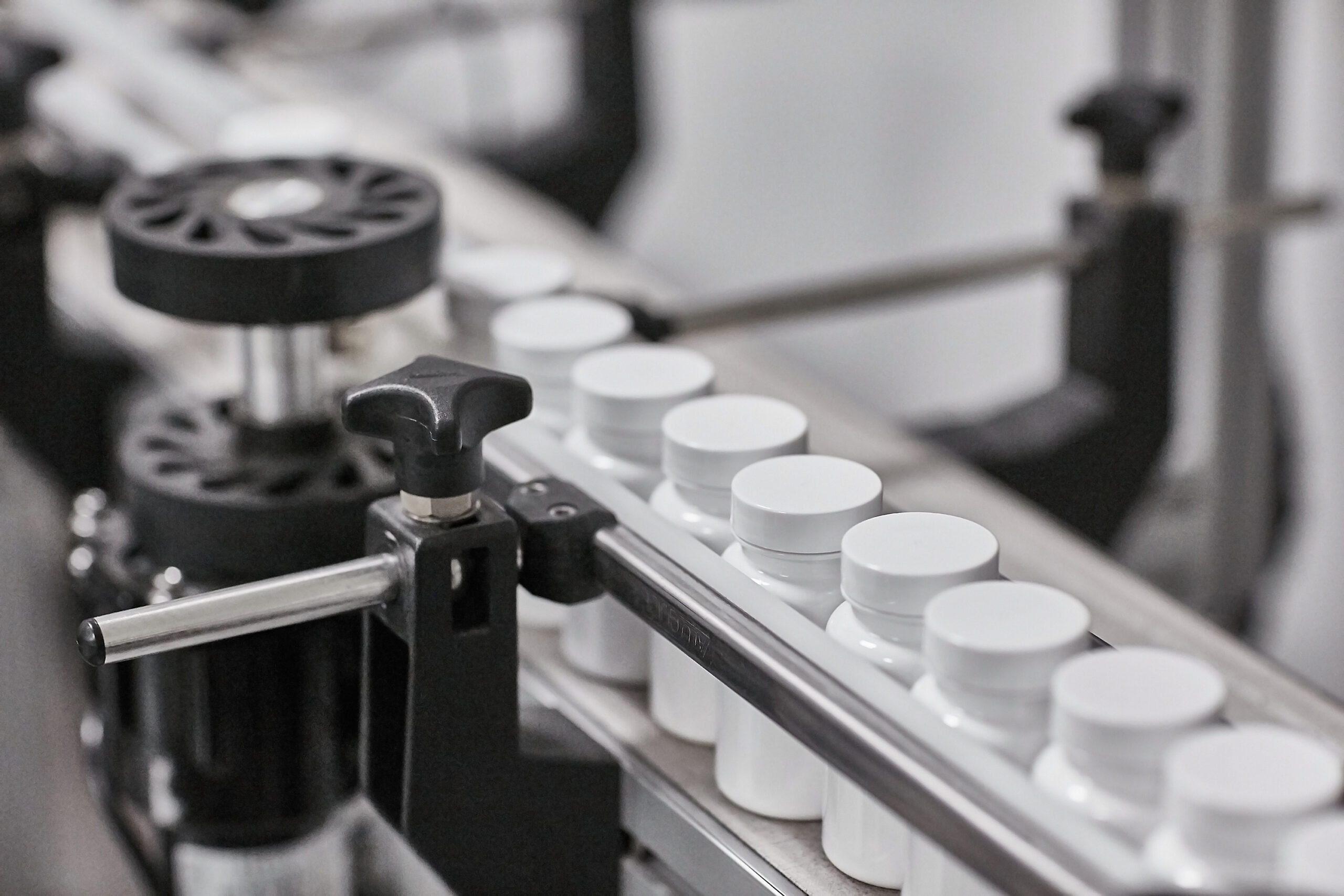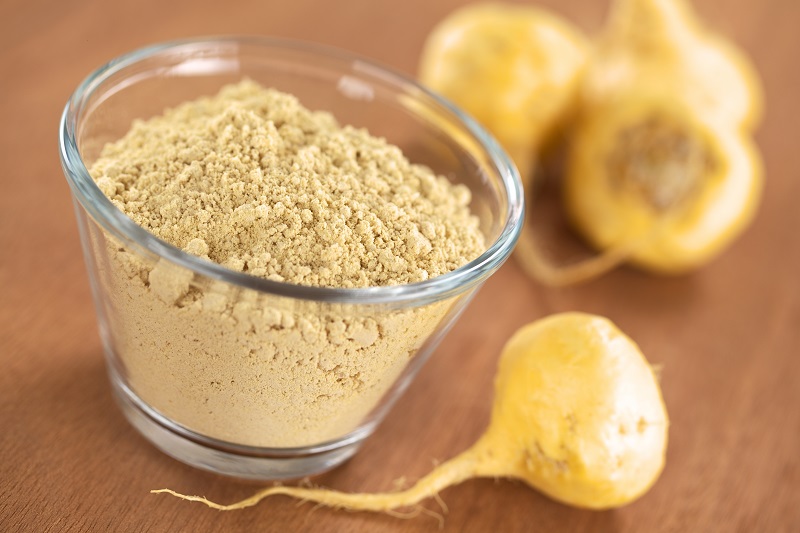The liquid supplement industry is characterized by rapid growth and constant evolution, making the choice of an ideal manufacturing partner a pivotal decision for brands. The two primary manufacturing options, white label and private label solutions, offer distinct advantages and drawbacks. This blog post delves into an in-depth comparison of these manufacturing methods, providing comprehensive information to help liquid supplement brands make informed decisions based on their unique needs and goals.
White Label Solutions: An Overview
White label solutions involve purchasing ready-made products from a third-party manufacturer and rebranding them under your company’s name. These products come with pre-existing formulations and regulatory compliance, making them an attractive option for businesses looking to compete in the market swiftly at a stabilized cost.
Benefits and Process Considerations of White Label Solutions
With a white label solution, the primary benefit it offers is convenience. This manifests in multiple ways, such as:
- Faster time to market
- Lower upfront costs
- Reduced risk
- Access to proven formulas and expertise
However, white label solutions also raise some process concerns that could impact your long-term vision for your company. Some examples include:
Limited Customization Options
White label products typically come with predetermined formulations, which may not be tailored to your target market’s specific needs or preferences. This can limit your ability to create a unique value proposition and differentiate your brand in the market.
Higher Competition
Since multiple brands can use the same white label product, competition can be fierce. The increased competition can make it challenging to carve out a distinct niche for your brand and capture a significant market share.
Limited Control
Relying on a white label manufacturer for product quality and adherence to regulatory standards can make it difficult to ensure consistency across batches and address customer concerns promptly. Brands must place considerable trust in their manufacturing partner to maintain product quality and uphold industry standards.
Private Label Solutions: An In-Depth Look
Private label solutions involve partnering with a manufacturer to develop a unique, customized product exclusively for your brand. This approach provides greater control over product formulation, packaging, and branding, allowing you to create a differentiated product offering.
Let’s explore each benefit individually.
Enhanced Customization
By opting for private labeling, you can create products that cater to your target audience’s specific preferences and needs. This enables you to establish a competitive point of differentiation in the marketplace by offering a distinct product that addresses unmet consumer demands.
Essentially, a private label manufacturer translates the product concept in your head into a tangible good that is wholly your own. You do not have to settle for the constraints of pre-made formulas and can enable a greater variety of ingredients and packaging options.
Marketplace Differentiation
Developing a one-of-a-kind product allows you to set your brand apart from competitors and foster customer loyalty. With a private label solution, you have the opportunity to create a product that is exclusively available through your brand, building a strong brand identity.
Higher Profit Margins
Private label products often yield higher profit margins, as they can be priced based on their unique features and value proposition. By offering a differentiated product, you can compete on factors beyond price, such as quality, innovation, and consumer appeal.
Branding and Customer Loyalty
Customized private label products contribute to a stronger brand identity and encourage customer loyalty, as they provide consumers with a unique and exclusive experience. This can lead to repeat purchases and word-of-mouth referrals, bolstering your brand’s reputation in the market.
Private Label Process Considerations
As with white label products, there are some considerations to account for when integrating a private label partner and their operations into your business. These can include:
Longer Time to Market
The process of developing a private label product requires a significant investment in research, development, and regulatory compliance. This can result in a longer product development timeline, potentially delaying your entry into the market if you cannot finalize a formula that you want to sell.
Higher Upfront Costs
White label formulas are pre-made and designed for scalable manufacturing. With the larger ready-made supply available, their prices are typically lower.
Instead, for private label products, the initial investment is higher. This often involves covering costs such as research and development, testing, and compliance. However, it does result in a unique product with greater customization and a stronger competitive edge in your market.
Increased Responsibility
With private label solutions, you are accountable for ensuring product quality and adherence to industry regulations. This may require additional oversight, resources, and expertise, placing a greater burden on your organization.
Depending on the private label manufacturer you hire, they may offer assistance with some or all of the compliance and quality assurance aspects of your business. Ask potential partners about the extent to which they can assist in these priorities.
Choosing Between White Label and Private Label
When you’re deciding whether to choose a white label or private label, there are a number of factors to keep in mind. Use this as your checklist to determine if a potential partner aligns best with your values, operations, and business goals:
- Target customers– Does the manufacturer have the means to create products that meet the specific needs of your target customers?
- Sustainability – Does the manufacturer offer the capabilities and resources to provide a sustainable solution that can evolve and scale alongside your business?
- Cost – Can you afford the expenses involved in your partnership with a white label or private label manufacturer?
- Expertise – What expertise does the manufacturer possess with developing liquid supplements or any other product that you want to sell?
- Reputation and Credibility – Does the manufacturer possess the necessary reputation and credibility to reliably produce high-quality products for your brand?
- Compliance – Can the manufacturer prove that they remain compliant with all relevant regulations and industry standards?
- Quality Assurance – How does the manufacturer assure the quality of their products, and how are they inspected before distribution?
- Communication and Collaboration – Does the manufacturer value their relationship with your business through frequent communication and collaboration?
By considering the list above, you can make a more informed decision about which manufacturer to partner with. In most cases, a private label partner will provide a more bespoke and specialized level of service as they are more heavily involved in product development than a white label.
Get Private Label Contract Manufacturing for Your Liquid Supplements
Choosing between white label and private label solutions is a significant decision that can impact your brand’s market positioning, product quality, and overall growth trajectory. By understanding the benefits and drawbacks of each manufacturing option and considering factors such as your brand strategy, resources, and flexibility, you can make an informed decision that best aligns with your business goals.
If you are looking to launch a new liquid supplement or take your current product range to the next level, our team at Yellow Emperor is here to serve as your private label manufacturing partner. Leverage our industry-leading expertise in ingredients and formulation to create unique products your customers will love; all without having to perform any manufacturing tasks in-house!
To learn more, view our credibility and certifications or contact us anytime.







